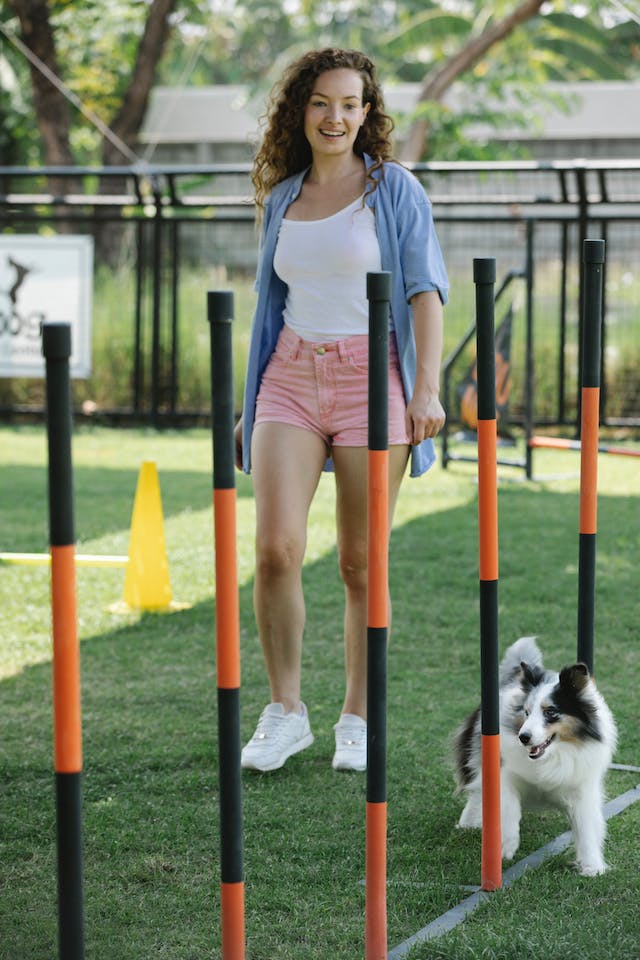It is an exciting time – bringing your new dog home. You may be in for a surprise though as raising a dog is not as easy as you thought it would be. At least for the first few months, especially if yours is still a puppy.
If this is the first time you become a dog owner, it is essential that you become a responsible one by enrolling him in a dog training academy as early as possible – from when you first bring home your new pet.
By doing so, you’re doing yourself (and the rest of the family) a favour really as you’re saved from a bunch of hassles and frustrations that are bound to happen later when your dog is grown up. So start them early.
The thing is, dog training is not a simple task that is why you need highly-trained professionals who are experts in dog training wollongong. It requires a lot of time, patience and devotion and this sometimes puts people off, especially when the results are not instantaneously apparent. Nevertheless, training your dog isn’t as hard as you may have envisioned. Before we delve into some of the useful tips, here’s what you need to know:
Behavior training
This is where you want to stop certain tendencies your dog may possess, i.e. biting, chewing, whining, nipping, excessive barking, digging, climbing furniture, chasing cars, etc. Open Range academy is the best way to train your dog to tackle these tendencies.
Obedience training
Obedience training is when you train your dog to perform specific actions and commands. You want it to obey and carry out the task, every time it is requested. This can include anything, ranging from the simplest sit, come to heel, down and give paw etc.
Regardless of which type of training you are going for, there is one golden rule to follow first – teach your dog its name. Call his name regularly, everytime you play with it. Once he becomes aware of its name, you are good to start off its training.
Set your training sessions to around 15-20 minutes. These have been proven to be the most effective – go any longer and you’ll have a frustrated dog losing focus in your hands. You may train it 2-3 times a day, but keep it short each time.
The key here is repetition, which is how dogs learn. Revise over previous and learned training so that your dog does not forget and DO NOT get angry if he doesn’t get it straight away. Shouting or screaming will not help, in any case, it may trigger behavioral problems and will only present negative consequences in future trainings. Never ever punish your dog.
Instead, reward it with pats and cuddles or a healthy treat when it does the correct thing. This will give your dog plenty of encouragement and before you know it, it would already have learned everything you want it to.
Need some help? No worries, you can always send your dog to a dog daycare centre. A good one like this will have in-house professionals to help train your dog to ease your burden. It is also a less expensive option compared to dog trainers, saving you thousands of dollars. Try it, you won’t regret it!

